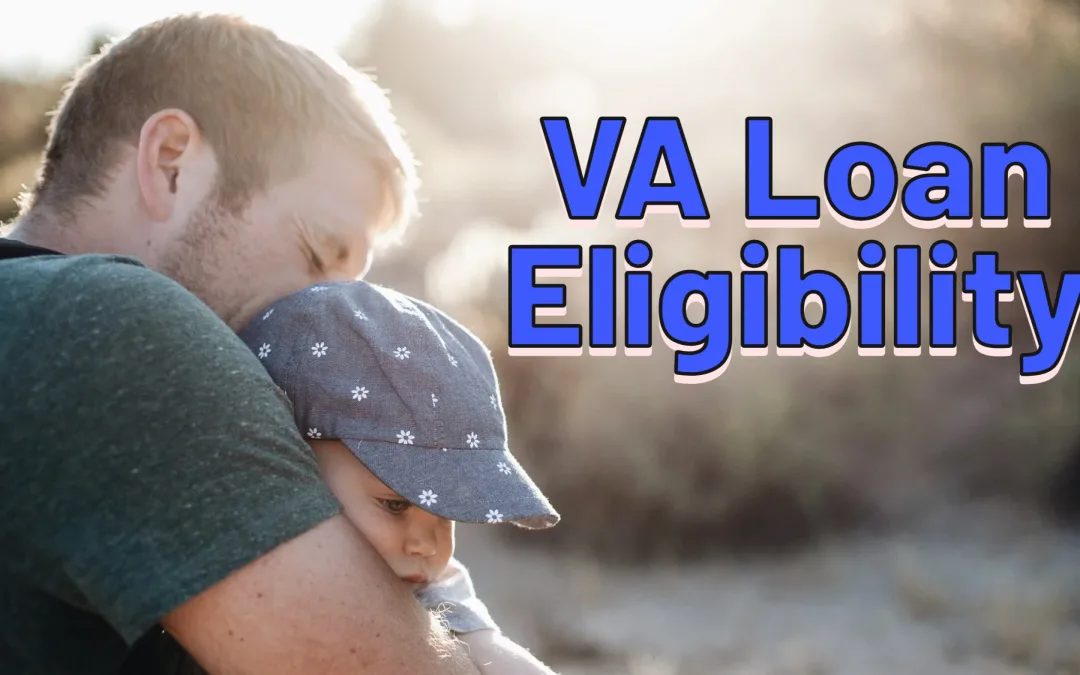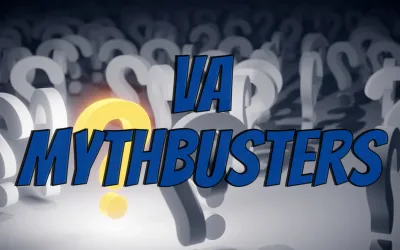Verifying VA loan eligibility is a key step in qualifying for a VA mortgage. VA loans, or Veterans Affairs loans, are mortgage loans guaranteed by the U.S. Department of Veterans Affairs. They are available to eligible veterans, active duty service members, and surviving spouses of veterans. VA loans were established in 1944 as part of the Servicemen’s Readjustment Act, also known as the GI Bill of Rights, to help veterans returning from World War II purchase homes.
One of the main benefits of VA loans is that they often do not require a down payment. This can be a significant advantage for borrowers who may not have enough savings towards a down payment. Additionally, VA loans typically have lower interest rates than conventional loans, which can save borrowers a significant amount of money over the life of the loan. Another benefit is that VA loans do not require private mortgage insurance (PMI), which can further reduce the monthly mortgage payment for borrowers.
Who is Eligible for VA Loans?
Borrowers must meet certain Department of Veterans Affairs requirements to be eligible for a VA loan. The eligibility requirements vary depending on whether the borrower is an active-duty service member, a veteran, or a surviving spouse or dependent.
For active duty service members, eligibility requirements include serving at least 90 consecutive days during wartime or 181 consecutive days during peacetime. National Guard and Reserve members may also be eligible if they have served at least six years. Surviving spouses and dependents may be eligible if the veteran died in service or due to a service-related disability. In certain circumstances, others may also be eligible.
Active Duty Service Requirements for VA Loan Eligibility
Active duty service members must meet certain minimum service requirements to be eligible for a VA loan. These requirements include serving at least 90 consecutive days during wartime or 181 consecutive days during peacetime. The Department of Veterans Affairs defines the specific periods of wartime and peacetime.
There are exceptions to the minimum service requirements for active duty service members. For example, if a service member was discharged due to a service-related disability before completing the minimum service requirements, they may still be eligible for a VA loan. Additionally, if a service member was discharged for hardship, reduction in force, or certain medical conditions, they may also be eligible.
Active duty service members can obtain a Certificate of Eligibility (COE), which is required to apply for a VA loan, online through the eBenefits portal or by mail using VA Form 26-1880. The COE verifies the borrower’s eligibility for a VA loan and is issued by the Department of Veterans Affairs. The lender is also able to obtain a copy in many situations.
Reserve and National Guard Service Requirements for VA Loan Eligibility
Reserve and National Guard members may also be eligible for VA loans if they meet certain minimum service requirements. These requirements include serving at least six years in the Reserve or National Guard and being honorably discharged or placed on the retired list.
There are exceptions to the minimum service requirements for Reserve and National Guard members as well. For example, if a Reserve or National Guard member was called to active duty and served at least 90 consecutive days during wartime or 181 consecutive days during peacetime, they may be eligible for a VA loan.
Surviving Spouses and Dependents: VA Loan Eligibility Criteria
Surviving spouses and dependents of veterans may be eligible for VA loans under certain circumstances. To be eligible, the veteran must have died in service or as a result of a service-related disability. Surviving spouses may also be eligible if they have not remarried or if they remarried after the age of 57.
Dependents of veterans may be eligible if the veteran is missing in action, captured in the line of duty, or forcibly detained by a foreign government or power. Additionally, dependents may be eligible if the veteran is permanently and totally disabled as a result of a service-related disability.
Credit Score and Financial Requirements for VA Loan Eligibility
While VA loans do not have a minimum credit score requirement, most lenders will have their own credit score requirements. Generally, borrowers with higher credit scores will have an easier time qualifying for a VA loan and may be eligible for lower interest rates.
In addition to credit score requirements, VA loans also have debt-to-income (DTI) ratio requirements. The DTI ratio is calculated by dividing the borrower’s monthly debt payments by their gross monthly income. Individual lender requirements can vary for DTI ratios. For VA mortgage, the more important calculation is the residual income calculation. A borrower’s residual income is calculated by subtracting the estimated housing expense, monthly debts and child care, estimated housing maintenance & utilities, and monthly income taxes from the borrower’s gross income. The required amount of residual income is dependent on household size and area of the country the house is located.
Other financial requirements for VA loans include having a stable income and sufficient funds for closing costs and reserves. Lenders will typically require borrowers to provide proof of income, such as pay stubs or tax returns, as well as bank statements to verify their assets.
VA Loan Entitlement: Understanding the Basics
VA loan entitlement refers to the amount of money that the Department of Veterans Affairs guarantees to repay to the lender in the event that the borrower defaults on the loan. The entitlement is calculated based on the borrower’s military service and can vary depending on whether the borrower is a first-time or subsequent user of their VA loan benefits.
The basic entitlement for most borrowers is $36,000, which means that the Department of Veterans Affairs will guarantee up to $36,000 of the loan amount. However, borrowers can be eligible for additional entitlement depending on the loan amount and the county in which the property is located.
To use their entitlement, borrowers must have sufficient remaining entitlement to cover the loan amount. If the loan amount exceeds the borrower’s remaining entitlement, they may still be able to obtain a VA loan by making a down payment or using other sources of financing.
VA Loan Limits and How They Affect Eligibility
If a veteran has their full VA entitlement intact, there is no limit the VA is willing to guarantee. However, most lenders may still impose a cap on the loan amount. In some instances, a borrower may have a reduced entitlement available. This can happen if the borrower has a history of foreclosure or default on a previous VA mortgage, or if they already have an outstanding VA loan. If the entitlement is reduced, the VA will only guarantee up to 25% of the county conventional loan limit after deducting the amount of used entitlement.
Benefits of VA Loans for Eligible Borrowers
VA loans offer several benefits for eligible borrowers, making them an attractive option for those who qualify. Some of the key benefits include:
1. Lower interest rates and fees: VA loans often have lower interest rates compared to conventional loans, which can save borrowers money over the life of the loan. Additionally, VA loans do not require private mortgage insurance (PMI), which can further reduce the monthly mortgage payment for borrowers.
2. No down payment required: One of the main advantages of VA loans is that they often do not require a down payment. This can be a significant advantage for borrowers who may not have enough savings towards a down payment.
3. No private mortgage insurance (PMI) required: Unlike conventional loans, VA loans do not require private mortgage insurance (PMI). This can save borrowers hundreds of dollars each month, as PMI is typically required for borrowers who make a down payment of less than 20%.
4. Flexible credit requirements: While VA loans do not have a minimum credit score requirement, most lenders will have their own credit score requirements. However, VA loans are generally more flexible when it comes to credit requirements compared to conventional loans.
5. Streamlined refinancing options: VA loans offer streamlined refinancing options, known as Interest Rate Reduction Refinance Loans (IRRRL), which allow borrowers to refinance their existing VA loan to obtain a lower interest rate or switch from an adjustable-rate mortgage to a fixed-rate mortgage.
Understanding the eligibility requirements for VA loans is crucial for eligible borrowers who wish to take advantage of this valuable benefit. VA loans offer several advantages, including lower interest rates, no down payment requirement, and no private mortgage insurance (PMI) requirement. By familiarizing themselves with the eligibility criteria and following the step-by-step guide for applying for a VA loan, borrowers can navigate through the process with confidence and secure financing for their dream home.
Top VA Home Loan Myths Busted
For many veterans and service members, the VA Home Loan program offers a valuable opportunity to achieve the dream of homeownership. However, navigating the world of VA loans can be daunting, especially when faced with misinformation and myths. In this comprehensive...


